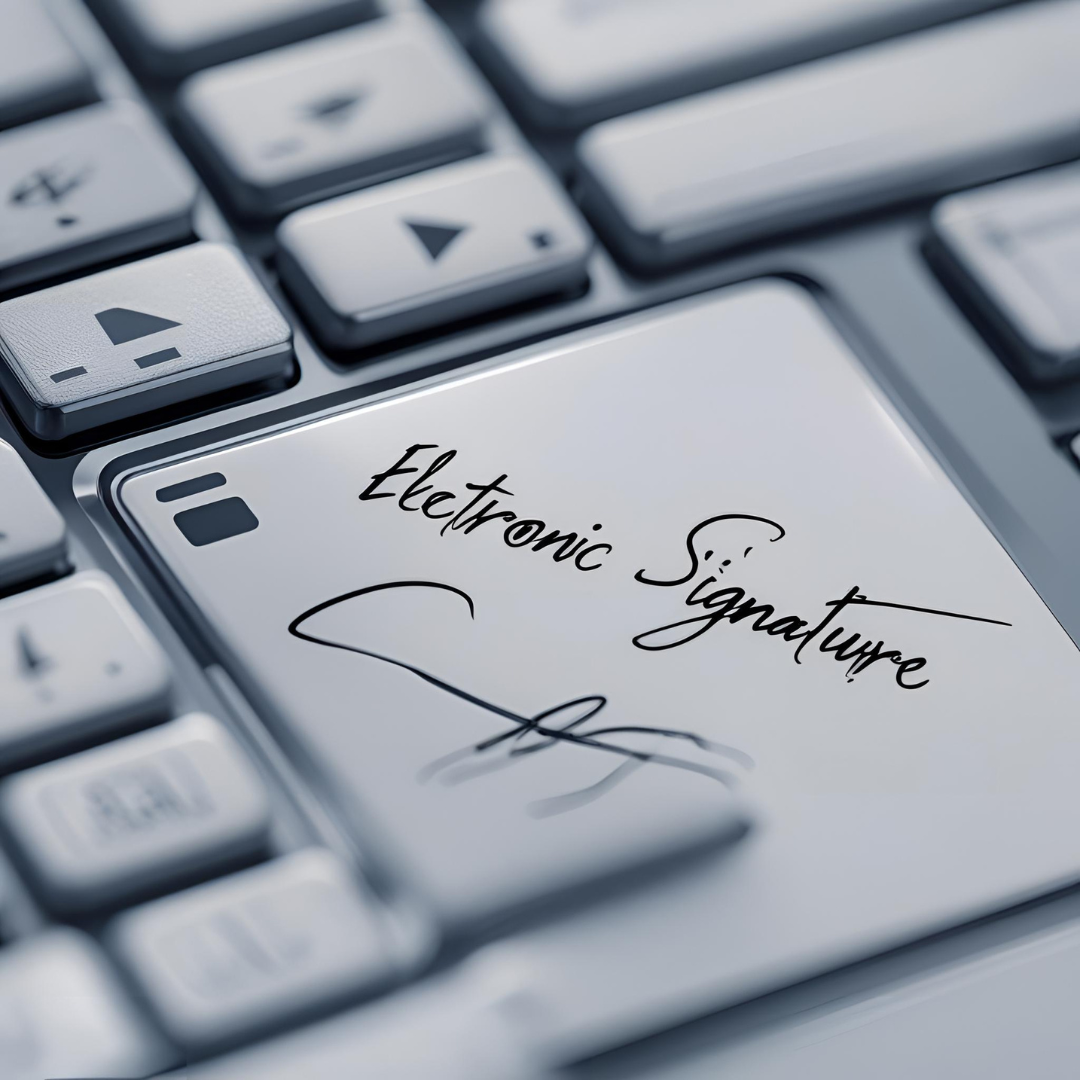Traditionally, documents needed to be in paper form with handwritten signatures to be considered legally valid. However, with the rise of digital communication and e-governance, it became necessary to legally recognize electronic records.
The Information Technology Act, 2000 was enacted to provide legal recognition to electronic documents and digital/electronic signatures, enabling electronic governance and secure digital transactions.
Key Provision: Section 4 of the IT Act, 2000
Section 4 – Legal recognition of electronic records:
“Where any law requires that information or any other matter shall be in writing or in the typewritten or printed form, then, notwithstanding anything contained in such law, such requirement shall be deemed to have been satisfied if such information or matter is —
(a) rendered or made available in an electronic form, and
(b) accessible so as to be usable for a subsequent reference.”
Meaning:
Electronic documents (such as emails, PDFs, scanned images, or computer-generated contracts) are legally valid if they are:
- In a readable electronic format, and
- Can be accessed and referred to later.
Examples of Recognized Electronic Documents
- E-mails
- Scanned contracts
- PDF files with e-signatures
- Online banking records
- E-invoices
- Government-issued e-certificates (Aadhaar, PAN, etc.)
Conditions for Legal Validity
For an electronic document to be legally recognized:
- It must be authentic and unaltered.
- It should be digitally or electronically signed where signature is required.
- It should be accessible and preserved for reference.
- It must comply with standards under the IT Act and relevant rules and notifications.
Exceptions: When Electronic Records Are Not Valid
As per the First Schedule of the IT Act, electronic documents are not legally recognized in the following cases:
- Negotiable Instruments (like cheques)
- Power of Attorney
- Trust Deeds
- Wills
- Sale or conveyance of immovable property
These still require physical documentation and wet signatures due to their high legal and evidentiary value.
Digital vs. Electronic Signature
To further ensure authenticity and trust:
- Electronic signatures are data attached to a document verifying the signer’s identity.
- Digital signatures use cryptographic encryption and are issued via Digital Signature Certificates (DSC) by licensed Certifying Authorities.
Both forms help in proving authorship, integrity, and non-repudiation of electronic records.
Legal Precedents and Usage
Aadhaar e-KYC, e-sign via Aadhaar OTP, and e-stamping are now commonly accepted by government and legal institutions.
Indian courts have upheld emails and e-contracts as valid evidence under Section 65B of the Indian Evidence Act.
Income Tax filings, GST returns, and company filings with ROC are all accepted in electronic format.




